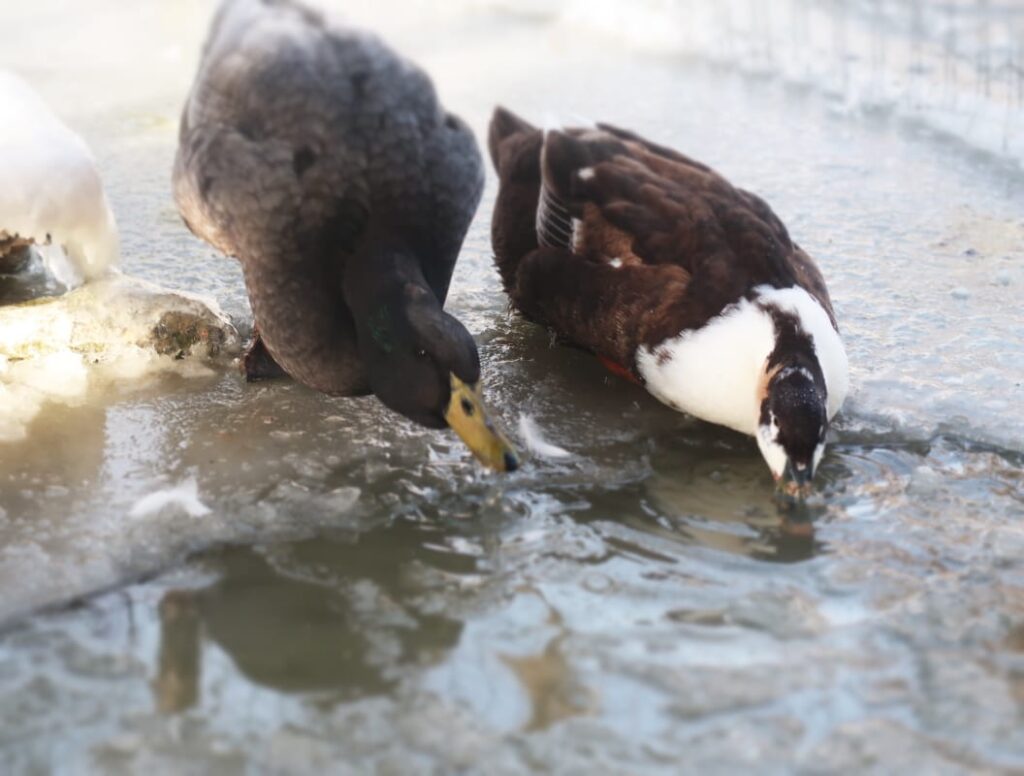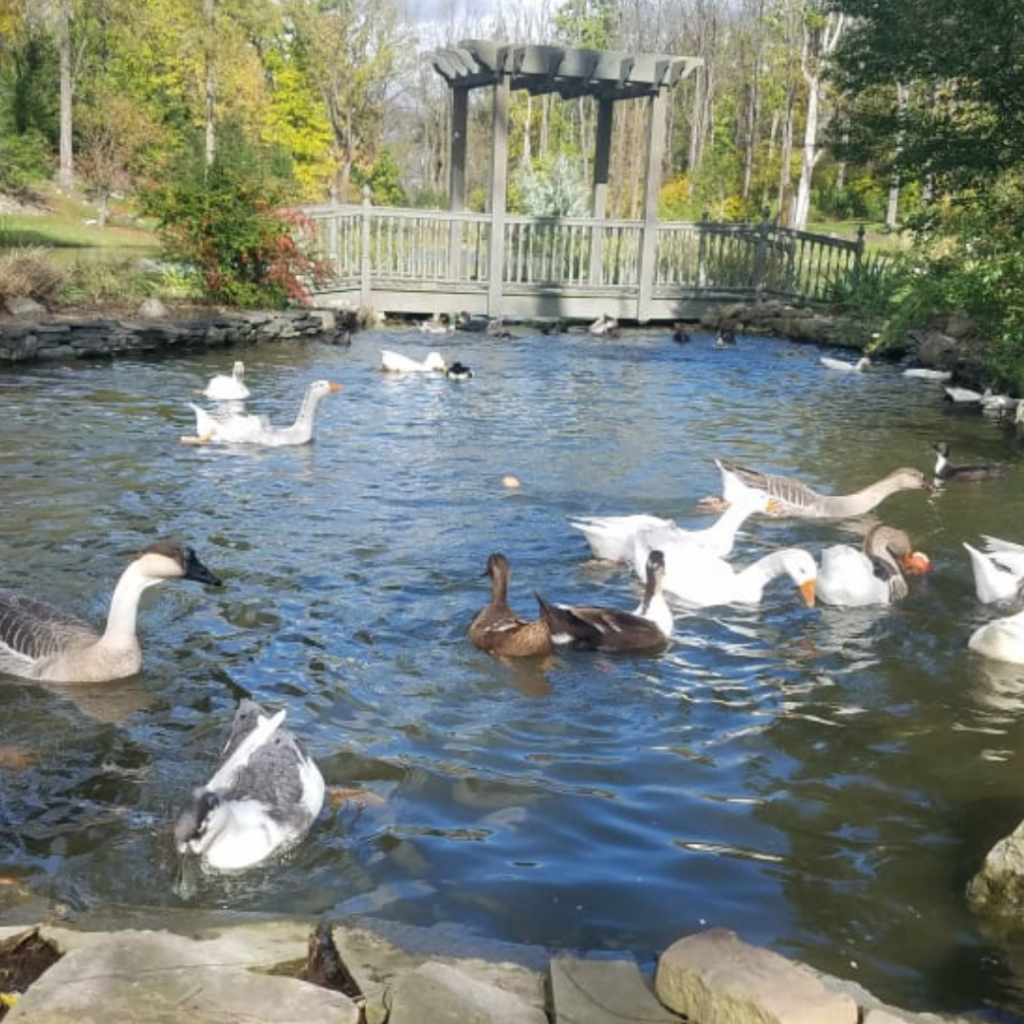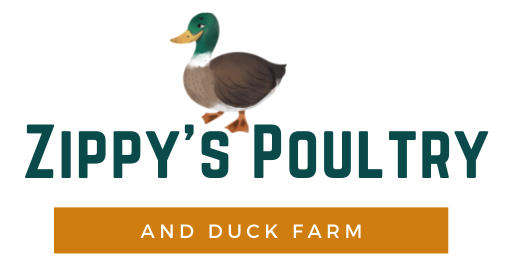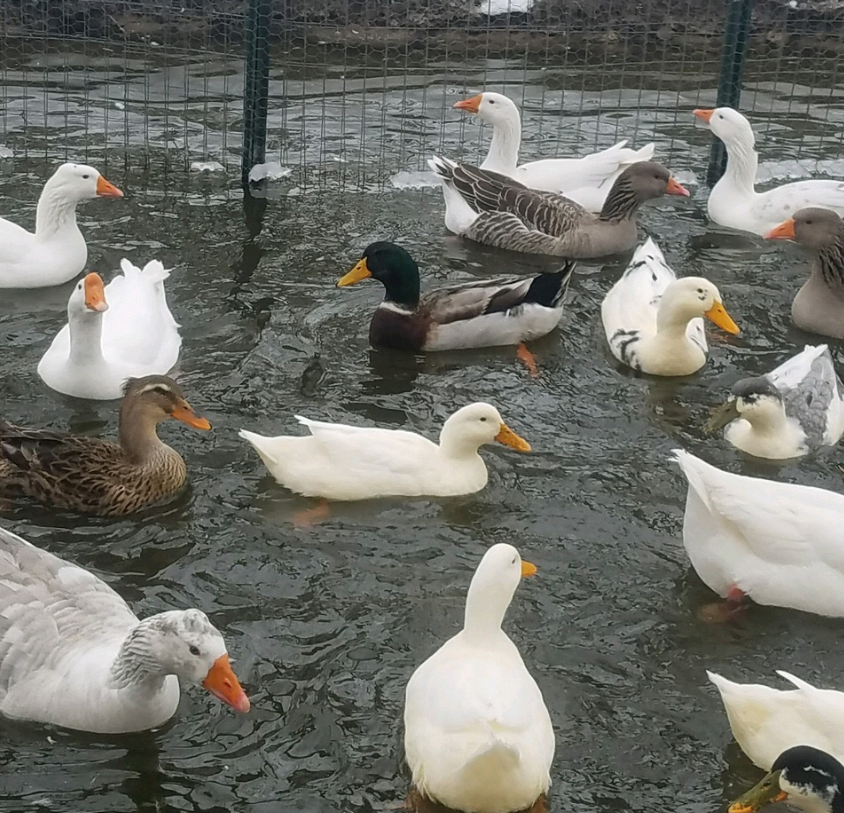About Us
Learn About Our Poultry Farm In Pine Island, NY
A Family-Owned Poultry Farm in Orange County NY
Thank you for finding us. We are a family-owned and operated brand that brings the farm to locals inspired to reap the harvest of locally raised animals and food sources + produce their own food. What started out as a handful of hand raised ducks grew to be our now small farm. A farm where we breed and grow our flock of birds in the beautiful heart of the Black Dirt Region in the Hudson Valley of New York. As a family, we have always been inspired to use the resources supplied by the backyard in growing food as well as best serve our needs.
At Zippy’s Poultry, we provide our community with quality, free-ranging and naturally sourced animal’s along with other products they abundantly supply us. Many of our consumers are very eager to start the process of raising their own birds and ask us for advice to get them where they want to be and thrive in doing so. What a reward it is when we get the chance to share in the experience of learning the hatching process and raising these animals to give back to our community. We feel incredibly grateful and blessed that we have been able to share this amazing experience with others to enjoy.

Catering To Your Needs
Ducks and Geese Need a home too!
Each and every one of our animals are carefully selected based on our consumers’ needs. We work with you to choose the best option of bird breed to fit your needs until they have been found. We hope you will come along with us as we aspire to grow, learn and gain more hands-on experience here at Zippy’s Poultry.
We Love What We Do!
Farm Fun Facts
Our flock is raised around the largest pond that sits here on the property grounds. The birds are able to swim leisurely year round and graze the grasses when the weather permits
The Barn, which sits in front of the ponds, used to sit near the foundation of an old cattle barn where cows and horses were raised.
We begin hatching in early spring to give our Hatchlings the opportunity to be raised in the warmest weather possible before they are able to fully feather out.
So far, we have raised around at least a few hundred birds each spring. Many of these birds have found a home and some stay here and join or flock.
Hens will lay eggs with or without having been exposed to a rooster. After a hen (female chicken, duck or goose) mates it does not mean the eggs are fertile. While all eggs have the potential to become fertile if mating occurs, it is only after the broody hen sits on the eggs, reaching at least 100° F, that the eggs are fertilized. Then the egg will be able to start the incubation process of developing an embryo.
While we are still looking for the best new ways of keeping our ducks, geese and chickens safe, our old methods are still in use today. We find that in the summer, setting havahart traps and releasing the animals a far enough distance away has helped keep the predator population down quite a bit. Some of the animals we’ve caught have been racoons, possums, squirrels, snapping turtles and minks. We also like to keep an electric fence up surrounding the area we give the birds to graze in throughout the day. In the winter, we try to keep the lights on outside the coop as soon as it starts to get dark and inspect the coop for any weak spots in the metal wall fencing. Cameras are always a nice additional security feature if you want to figure out what’s the best defense against a specific animal you come across.




